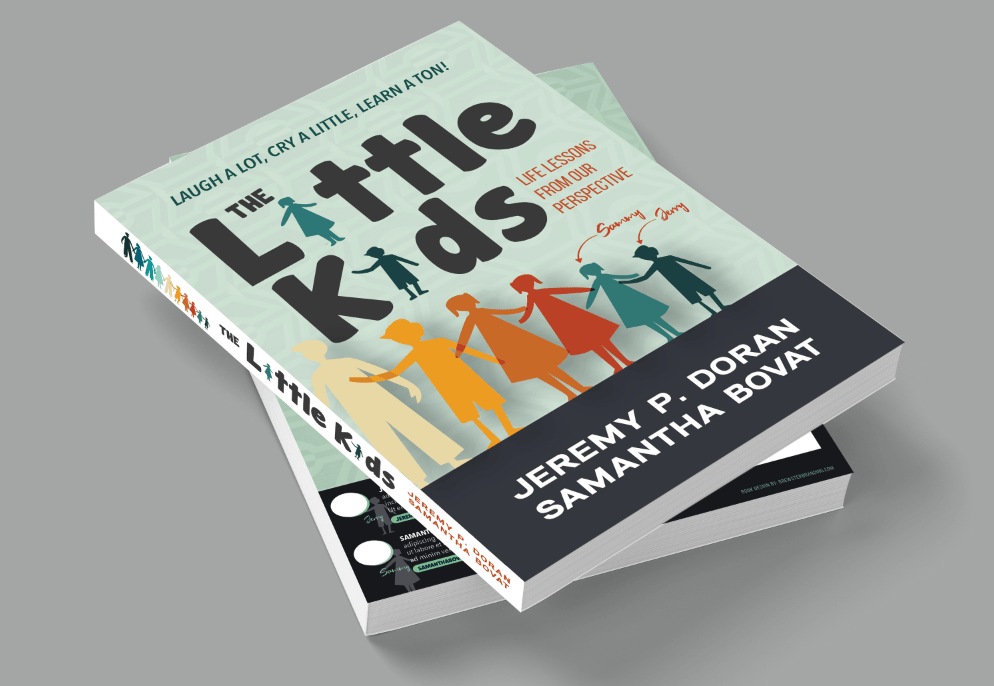Choose Your Words Carefully
Effective communication requires thoughtful consideration.
Both oral and written communications require attention to detail if you want the recipient to hear what you are saying in the way that you intended. Of course, there are times when that does not happen, but if you are being conscientious about your delivery, you will minimize potential miscommunications. After all, once those words are out- they cannot be taken back.
When Jeremy and I were writing this book, we often found ourselves nuancing words to ensure that the reader would clearly understand what we meant. In addition, we didn’t want any of our siblings to be offended or be seen in a poor light by the reader intentionally or unintentionally. We also didn’t want to say things in a way that would hurt their feelings. So, we chose our words carefully. The character introduction was one part of our book that took a lot of thought. We must have written it at least four times, changing our approach; adding characteristics; reducing characteristics; and starting from scratch in the end. It was
that important to get right.
As an educator, communicating with parents about their child in school can often seem like a monumental task. Not only do I want to be honest about the behavior or ability/inability of a child in school, but want to come across as an expert in the field, as well as a compassionate educator. That’s a lot to pack into an email or phone call. I can’t tell you how long it takes to craft report card comments or prepare for parent/teacher conferences, but it is a lot of time. Knowing just what to say and how to say it is critical to ensuring that the message is clear. Using precise language in the classroom also plays a huge role. I can tell my students to walk quietly down the hall, meaning I want them to be silent. What they hear, however, is that it is ok to skip down the hall and greet everyone they see. As far as they are concerned, that is “quiet.”
Technology is so readily available to us that it provides us with an abundance of opportunities to react quickly and sometimes, too quickly. We can communicate with others no matter where we are or what we are doing. We allow ourselves to be accessible and that can be a problem if you let it. How many times have you responded to an email or text in haste because it just rubbed you the wrong way, only to reread your response later and hang your head in shame? Because many of the modes of communication via technology eliminate the ultimate communication of body language and facial expressions, we are presented with having to “interpret” the words and feelings behind them.
So, when I think about what my mother used to say: “It’s not what you say, but how you say it,” I have to laugh. Back when we were kids and she said that, she meant verbally, but the same rule applies to written delivery. It’s worth taking the time to write, read, revise, read again and then send! It is also a good idea to have a trusted colleague read it so see how they interpret it. Sometimes you can never be too safe.











